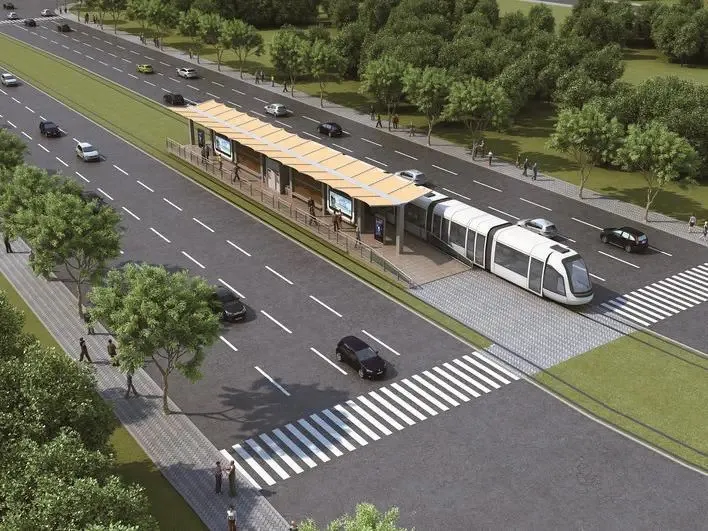
Société de transport de Montréal (STM) has awarded Thales a train control contract to modernise one of Montreal Métro's four lines - the blue Line - with a five-year maintenance period.
The city in Quebec has a 71km metro network, which is the second busiest rapid transit network in Canada and the fourth busiest in North America.
The communications-based train control (CBTC) work is designed to improve service punctuality and reliability, with Thales’ SelTrac signalling solution replacing the existing system - the first CBTC system to be deployed across the Montreal Métro network.
SelTrac is already deployed on transit systems in New York, Singapore, London, Hong Kong, Vancouver, Dubai and Doha.
An extension to the east from Saint-Michel to Anjou station - also covered by Thales in this deal - will add 6km of rail and five new stations.
Following completion, the blue Line will consist of 17 stations spanning 19km.
Thales says it is "familiar" with the STM network, operation and technology, "having provided an interlocking system across the network for the past six years".









